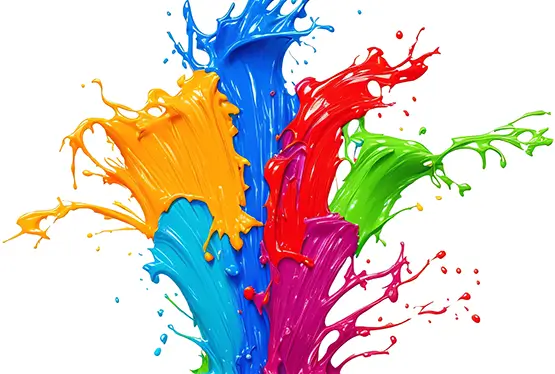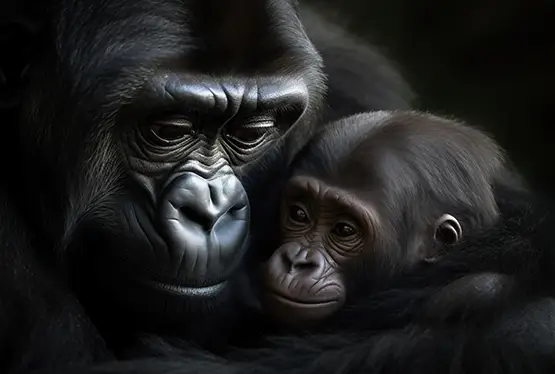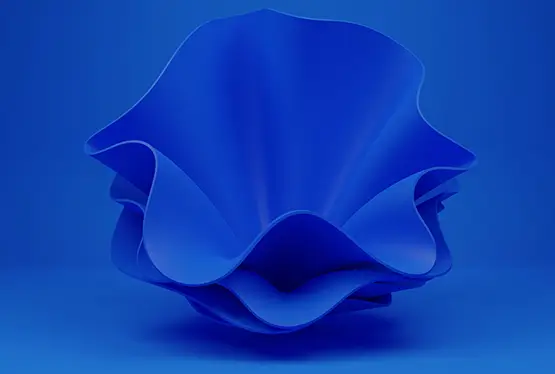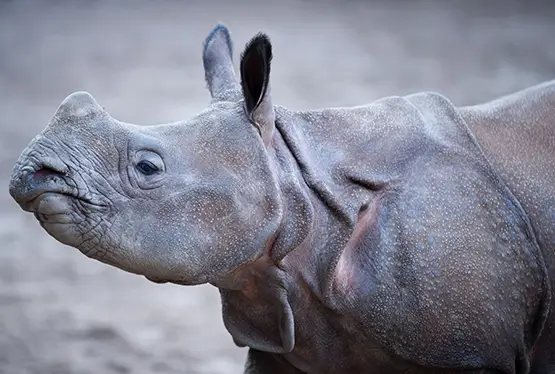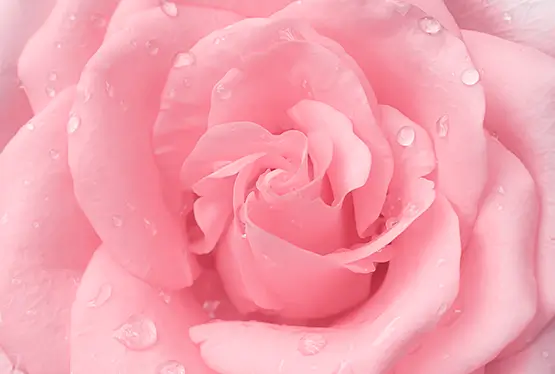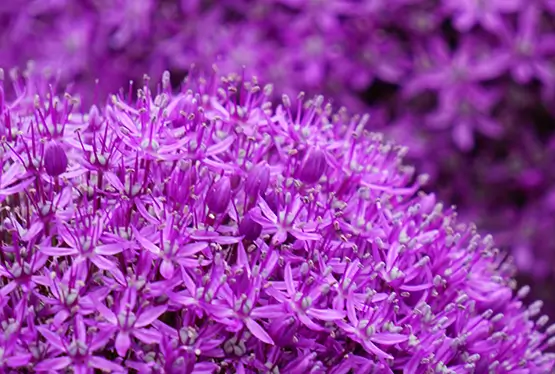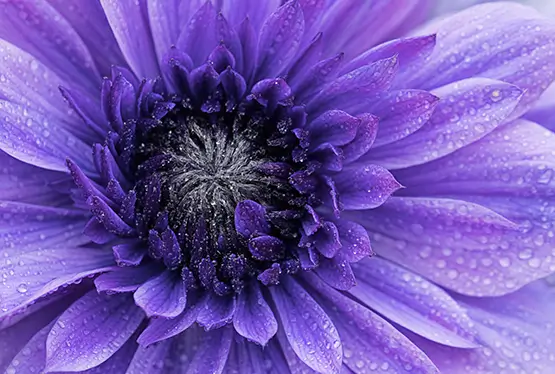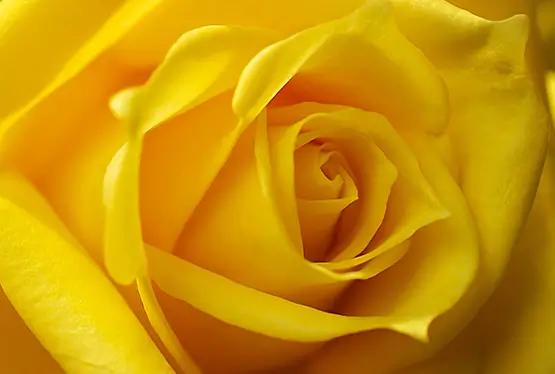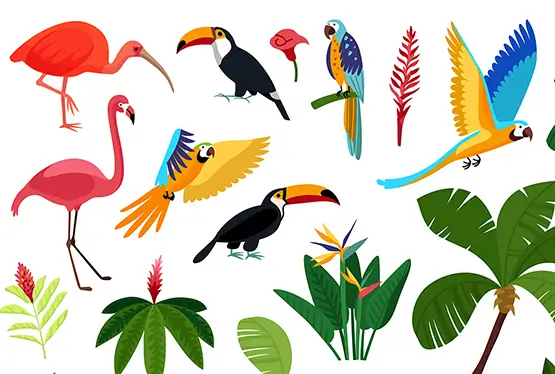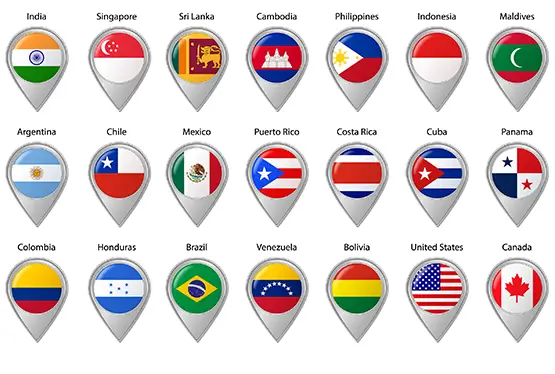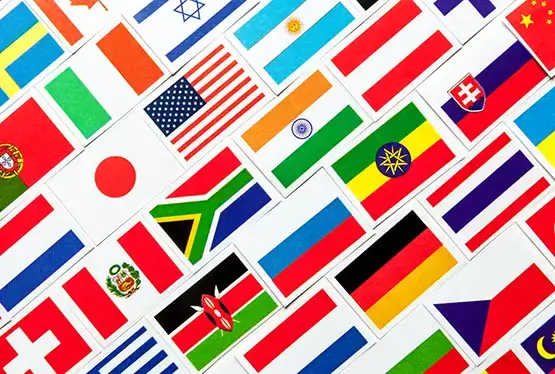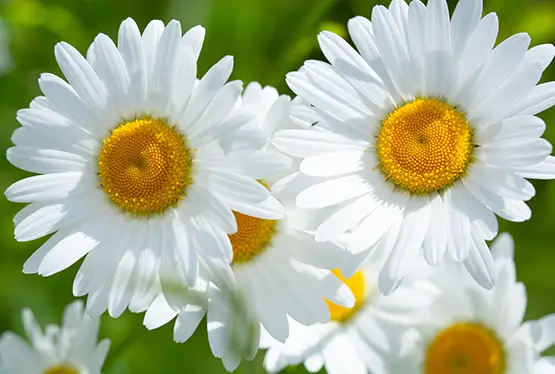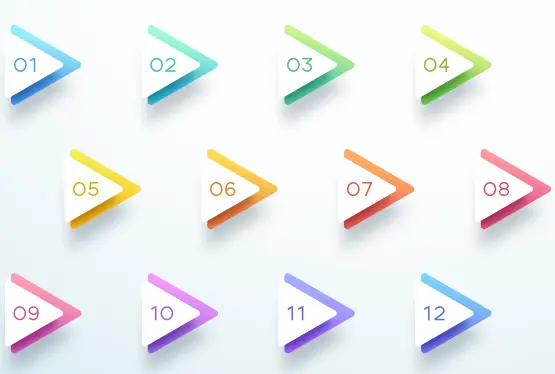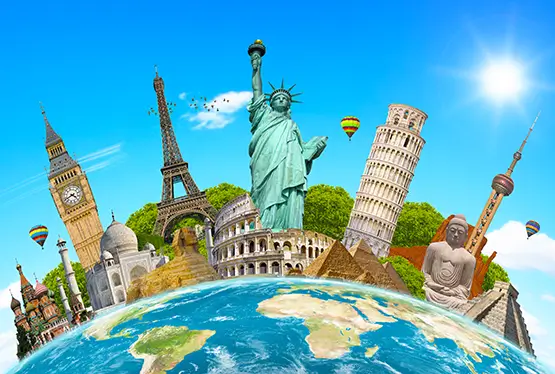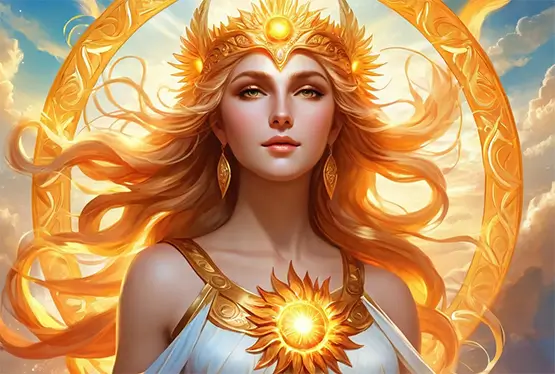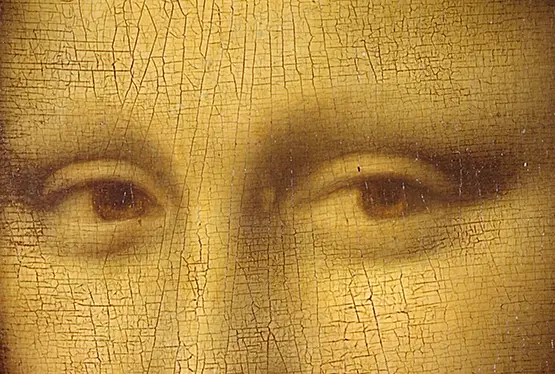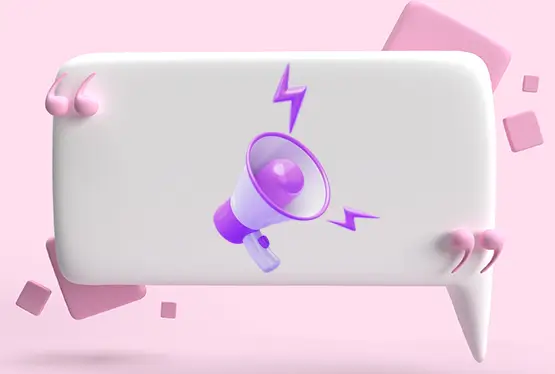Violet—the color of creativity, spirituality, and mystery. Known for its regal elegance and calming presence, violet has fascinated humanity for centuries. It lies at the end of the visible spectrum, combining the fiery energy of red and the tranquil serenity of blue. This article explores the myriad shades of violet, its historical and cultural significance, its role in art and psychology, and the myths and tales woven into its essence.
Shades of Violet
Violet is a rich spectrum of hues that range from pale lavender to deep royal purple. Lavender evokes a sense of calm and purity, while lilac carries a romantic, nostalgic charm. Amethyst, inspired by the gemstone, signifies luxury and protection. Deeper shades like royal purple and aubergine are associated with dignity, mystery, and sophistication. Each shade of violet tells a unique story and conveys a different emotional undertone.
Words Associated with Violet
The language of violet is as poetic as the color itself. Terms like "majestic," "ethereal," and "opulent" often describe its impact. Other words, such as "dusky," "plush," and "velvety," capture its tactile and visual richness. Across cultures, violet has been metaphorically linked to twilight, orchids, and the mystical.
Historical Significance
Historically, violet has been the color of royalty and wealth. In ancient Rome, Tyrian purple, derived from sea snails, was so expensive that it was reserved exclusively for emperors and aristocrats. During the Renaissance, violet continued to symbolize status and influence, often appearing in portraits of nobility. The Victorian era embraced violet for its romantic and melancholic qualities, seen in both fashion and literature.
Global Traditions
Violet holds diverse meanings across the globe. In Eastern cultures, violet is linked to spirituality and enlightenment, often used in meditation spaces and religious ceremonies. In Thailand, it is worn by widows during mourning, signifying dignity in loss. In Western traditions, violet has been associated with penance and humility, often seen in liturgical vestments during Lent.
Quotes About Violet
Violet has inspired artists and writers throughout history. Claude Monet, renowned for his use of violet in his paintings, said, "Color is my day-long obsession, joy, and torment." Virginia Woolf wrote, "A violet by a mossy stone, half hidden from the eye," capturing its subtle beauty. These quotes highlight violet’s ability to evoke emotion and imagination.
Cultural and Historical Significance
Violet’s cultural and historical significance is vast. It has been a symbol of luxury in art, from the intricate stained glass windows of Gothic cathedrals to the lavish robes of European monarchs. In modern times, violet has become a symbol of individuality and non-conformity, embraced by the LGBTQ+ community in the form of purple pride flags.
Myths and Tales
Myths surrounding violet are rich and enchanting. In Greek mythology, the violet flower was said to have sprung from the tears of Io, a lover of Zeus, symbolizing eternal love. In Christianity, violet represents the union of heaven and earth, often appearing in stories of divine intervention. Even in modern literature, violet signifies mystery and magic, as seen in the works of Roald Dahl and J.K. Rowling.
Scientific Perspective
Scientifically, violet has the shortest wavelength of visible light and the highest energy, bordering ultraviolet radiation. This unique position gives it a dual nature—visible to the eye yet connected to the unseen. Its calming properties have been studied in color therapy, where violet is used to reduce stress and promote creativity.
Violet in Psychology
Psychologically, violet is often associated with introspection, imagination, and inspiration. It stimulates the mind while soothing the spirit, making it a favorite color for creative and spiritual spaces. However, excessive violet can sometimes evoke melancholy or detachment, reflecting its complex emotional resonance.
Conclusion
Violet is more than just a color; it is a bridge between the tangible and the mystical, the regal and the ethereal. Its shades, symbolism, and stories continue to inspire and captivate, making it a timeless emblem of beauty, power, and imagination. Whether in art, fashion, or tradition, violet remains a color that invites us to dream, reflect, and connect with the profound.


